~ I am convinced that the vegan way of life is the only sane way of life, and realising that the basic cause of tension is growing populations and diminishing food sources, for the past ten years I have devoted much of my time to studying the question of food production and the problems of large scale land reclamation by tree planting. ~
Richard St. Barbe Baker – writing in 1957 – source
 Richard St. Barbe Baker preparing to plant trees in Nairobi, Kenya, in 1953 (image Brilliant Star Magazine) Source
Richard St. Barbe Baker preparing to plant trees in Nairobi, Kenya, in 1953 (image Brilliant Star Magazine) Source
WHY I AM A VEGETARIAN
RICHARD ST. BARBE BAKER
Founder, The Men of the Trees
When that question is fired at me point blank, I find it a difficult one to answer, because it has become a way of life. To answer it fully would mean telling my life story and the long way by which I have come.
I was not brought up as a vegetarian, although the amount of anything consumed at home other than home-made bread and cheese, vegetables and salads, was infinitesimal. In my case there was no sudden conversion: I cannot claim that I saw the light which transformed my way of life, but I first became conscious of the physical advantage of abstention from meat when, in preparation for settlement in Canada, I went into training on a fruit farm in Hampshire. I camped with the young proprietor, who was a man of character, agile in mind and body, who had made the plunge from a London suburban life to that of a fruit farm in the depth of the country. We had a set of boxing gloves and, when the day’s work was done, we used to put on the gloves and devote a few minutes to strenuous sparring. He was in beautiful fettle and although I was taller and had a longer reach, I had to admit his superiority. When camping with him, meat did not enter into our diet: we had eggs, cheese, home-made wholemeal bread, fresh and dried fruit and goat’s milk. Up in the north-west of Canada, where I enjoyed 3 1/2 years in the wide open spaces, I was told that an ounce of dates was equivalent in food value to a pound of beef so, when I was alone, home-made wholemeal bread and dates became my staple diet. I bought dates by the crate at about 2 cents a pound.
Richard St. Barbe Baker first came to Saskatoon, Canada as a youth in 1908 with the intention of homesteading at Beaver Creek. Source
When the war came, I was back in England, at Cambridge, and I was put through my cavalry and artillery training and afterwards, to the front line, got so ravenous that one lost sensibility and all one’s scruples vanished.
In East Africa, where I was in the Forest Service, it was easy to be a vegetarian or even a vegan. In Nigeria, where I lived on a creek, I lapsed sometimes and had fish and ground nut-stew. After 7 1/2 years on the equator, I was put on a home-bound boat to die with malaria, and after that ordeal I became more sensitive and found myself drawn more and more to vegetarianism and the vegetarian way or life.
When farming in the south of England, the cruelty to animals caused through the demand for meat, was brought home to me very forcibly. We spent our days rearing little calves and lambs, and when the time came for them to go to market, they were boxed up in a lorry and driven off. It must have been a frightening experience for them, and then on the top of it to be poked about by rough strangers and prodded with sticks and again to be boxed up and driven off to an unknown destination. I shrank from raising creatures to be killed, and gave up farming. As a boy, I was taught never to expect anybody else to do things for me that l could not, or would not do for myself, and I believe that if everybody had to be their own butcher, there would be a great many more vegetarians.
 14th World Vegetarian Congress 1955 Paris, France
14th World Vegetarian Congress 1955 Paris, France
A snap taken by the Editor at the Hotel de Ville before the official Civic Reception given for the I.V.U. Congress The group includes Mrs. Clarence Gasque (I.V.U. President), Mr. Richard St. Barbe Baker (second from left) , Mr. and Mrs. Woodland Kahler, Mr. Oluf Egerod, Dr. and Mrs. Sypkens, and Mrs. K. M. Ireland. Source
I am convinced that the vegan way of life is the only sane way of life, and realising that the basic cause of tension is growing populations and diminishing food sources, for the past ten years I have devoted much of my time to studying the question of food production and the problems of large scale land reclamation by tree planting. It has been found that in the U.S.A. it takes two and three-quarter acres to feed a person: in England two and a quarter acres. At one of the New Earth Luncheons which I organized in London, to bring together leading intelligentsia and functionaries, the Secretary of the London Vegetarian Society showed that, if we became vegetarians, we could live on one and a quarter acres. He was followed by the representative of the vegans, who claimed that, if we stopped exploiting animals, an acre of land would support eight people, as in Java. I am convinced that if we could gradually switch from an agricultural to a sylvan economy, there would be ample for all and the tensions between east and west would be removed. We now know that there is not sufficient virgin soil in the world to feed animals which we kill to feed ourselves. Besides, it is a roundabout way to get one’s food.
If Man is the most advanced creature in the animal kingdom and the tree is the highest development in the plant kingdom, surely the fruit of the tree, rather than the carcasses of inferior animals, is the natural diet for man. In my garden in Kenya, I grew fifteen different types of fruits and numerous vegetables.
Let us retrace our steps and see where we went wrong. We may discover that the trouble started when man became a herdsman and fought for grazing lands for his flocks and herds. The deserts of the world have been caused by nomadic farming and over-grazing, until today there is no virgin land left, so our next move must be to deserts. The greatest desert is the Sahara, and that today is the greatest challenge to the world. The task of reclaiming this vast area, the size of Australia and even bigger than the whole of the U.S.A., will need the concerted action of every country. At first sight this would appear to be an impossible task, but I submit that, if it were tackled with the same seriousness and enterprise with which we make war, it could be done. The discovery of the Intercalary Continental Aquifer, a subterranean lake, 500 miles long and 150 miles wide will help. The battle against the Sahara could employ 22,000,000 workers, which is equivalent to the standing armies of the world to-day. With these workers will be required all the ingenuity or modern science, and if we declare total war on this desert instead of upon each other, in eight years we could rehabilitate 100,000,000 in what is now desert, but was once the garden of the earth, with a perfect climate and make it fruitful again. In so doing, we would usher in an era of well-being and prosperity, and mankind everywhere would choose to return to the garden culture and live on the fruit of the earth.
 Richard St. Barbe Baker, “The Man of the Trees.” Rudy Haase describes St. Barbe Baker as a “Patron Saint to the Friends of Nature.” This photo was taken by Randell Steuler at the Grove of Understanding, Redwood National Park, CA on May 22, 1982 on the occasion of the dedication as a World Heritage Site. Source
Richard St. Barbe Baker, “The Man of the Trees.” Rudy Haase describes St. Barbe Baker as a “Patron Saint to the Friends of Nature.” This photo was taken by Randell Steuler at the Grove of Understanding, Redwood National Park, CA on May 22, 1982 on the occasion of the dedication as a World Heritage Site. Source
Richard St. Barbe Baker – click here for Wiki
International Tree Foundation – click here for site
…………………………………………………………………………………………………………….
The Ernest Bell Library is actively preserving & sharing: –
-
items related to veg(etari)an products.
-
veg(etari)an books & other publications.
-
items related to veg(etari)an organisations.
-
items related to veg(etari)an businesses.
-
items related to animal rights organisations.
-
animal rights publications.
-
items related to humanitarian organisations.
-
humanitarian publications.
-
items related to rambling clubs run by members of the above groups & related publications.
If anyone would like to help by either Adopting or Sponsoring items in the library, please be in touch.
We are working seriously on cataloging the collection, as & when funds are available.
…………………………………………………………………………………………………………….
If anyone would like more information, please send an email to: –
humanitarianleague (at) outlook (dot) com
– or message me through HappyCow –
https://www.happycow.net/blog/author/JohnnySensible/


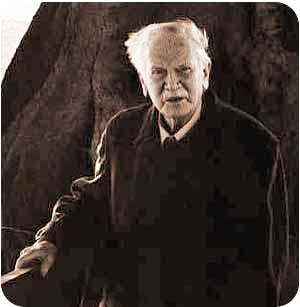
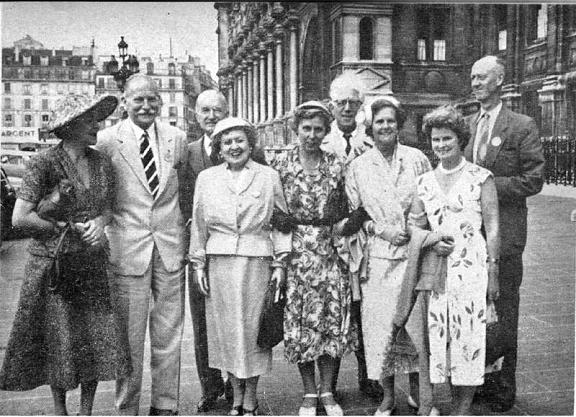
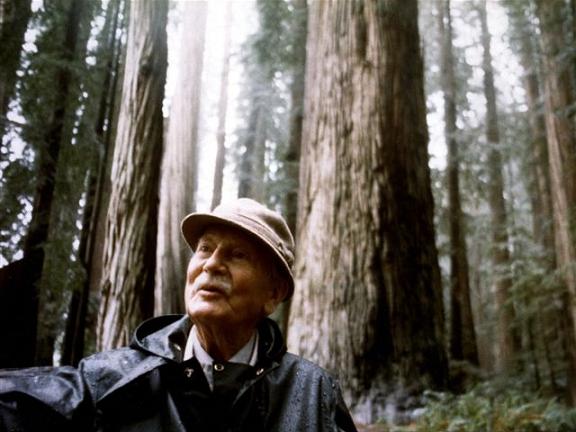
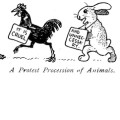


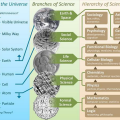
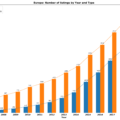
No Comments